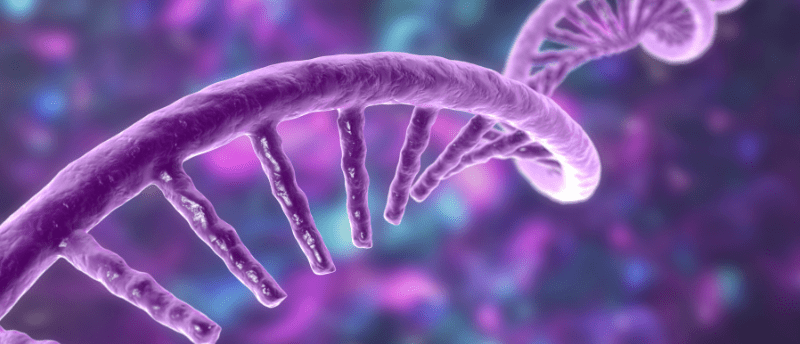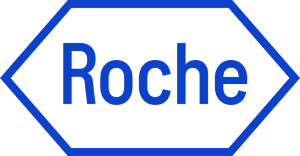Application Note: Molecular profiling by RNA-sequencing

High-resolution RNA analysis using next-generation sequencing (RNA-seq) offers a comprehensive assessment of the transcriptome, allowing for quantification of global gene expression. The utility of RNA-seq in disease research has expanded, particularly in cancer research where molecular profiling of tumors has become increasingly informative. One of many key advantages of RNA sequencing is its ability to detect known and novel genetic features, such as gene fusions and differentially expressed genes, at high resolution without relying on known genomic sequences.
Library preparation significantly influences the ability to uncover novel and previously unknown valuable insights. Multiple library preparation kits are commercially available, each using different strategies and chemistries for RNA enrichment and library construction. This Application Note compares three RNA-seq workflows from Roche (KAPA RNA HyperPrep Kits), Illumina and New England Biolabs (NEB) with regard to performance in tumor profiling.
For Research Use Only. Not for use in diagnostic procedures.
This content was provided by Roche.
